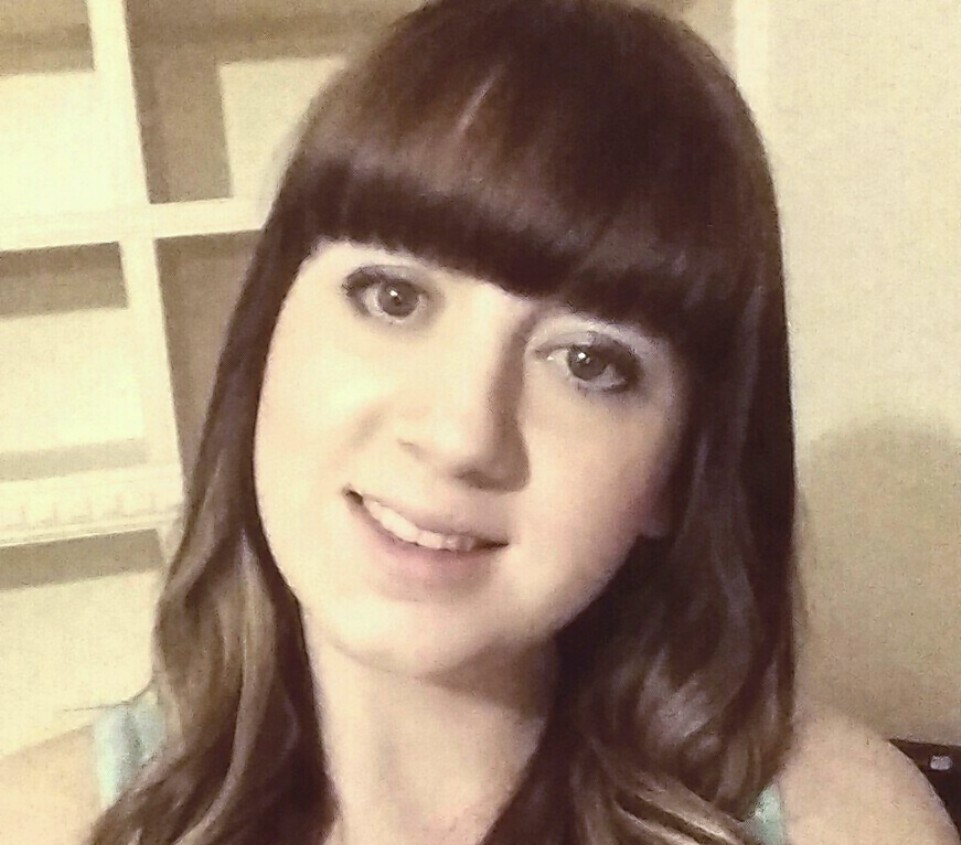A young north woman with a rare blood disorder has won a battle with pneumonia just in time to have a life-saving bone marrow transplant.
Michaela Ballantyne was diagnosed with myelodysplasia – a condition which affects the production of bone marrow – in August last year.
Her brother Mark Ballantyne was just 18 when died in 2007 from the same illness after it turned cancerous.
Doctors previously told mum Karen Macleod that the condition was not genetic, but new research being conducted by scientists in Newcastle has suggested there could be a link.
Following months of campaigning to recruit bone marrow donors by Michaela and her family, a young German woman was identified in November as a 100% match for the 26-year-old.
She was due to have her transplant today, but two weeks ago she caught pneumonia and was confined to bed at Raigmore Hospital in Inverness before travelling to Glasgow to be seen by specialist.
After carrying out tests they decided it was safe to proceed and the transplant will now go ahead on Thursday at the Beatson cancer centre in Glasgow.
Mrs Macleod, who turned 50 on Saturday and has been given a room in the hospital close to her daughter’s ward, said: “One minute it’s positive and the next minute you are told something else and you are down.
“When she went into hospital with pneumonia she had absolutely no blood and they had to replace five units straight away. She really did need the transfusion.
“The way I felt at the time was the same I have been feeling for months now, just thinking ‘what else can go wrong?’.
“But Michaela has always, always said it’s fine and that we will get there and sort things. She is very confident and has been her usual self, talking about how many days it will be after until she can get out.”
Miss Ballantyne, who is from Brora in Sutherland and has a degree in nursing from Robert Gordon University in Aberdeen, was taken ill in April 2015.
She was told she had a fungal infection, microbacterial avium, which settled in her lungs and proved impossible to overcome.
She had to give up her work at Seaforth House Resource Centre in Golspie when she became too sick.
The illness affects the bone marrow’s ability to produce vital red and white blood cells and platelets which fight infection, carry oxygen around the body and help blood to clot.
It usually affects men aged over 65.
Mrs Macleod added: “All along doctors told me it could not be genetic but I said, ‘how could it not be?’.
“You can not have two children with this illness. When Michaela got it, it was even rarer because she is a girl and it’s usually males.”
